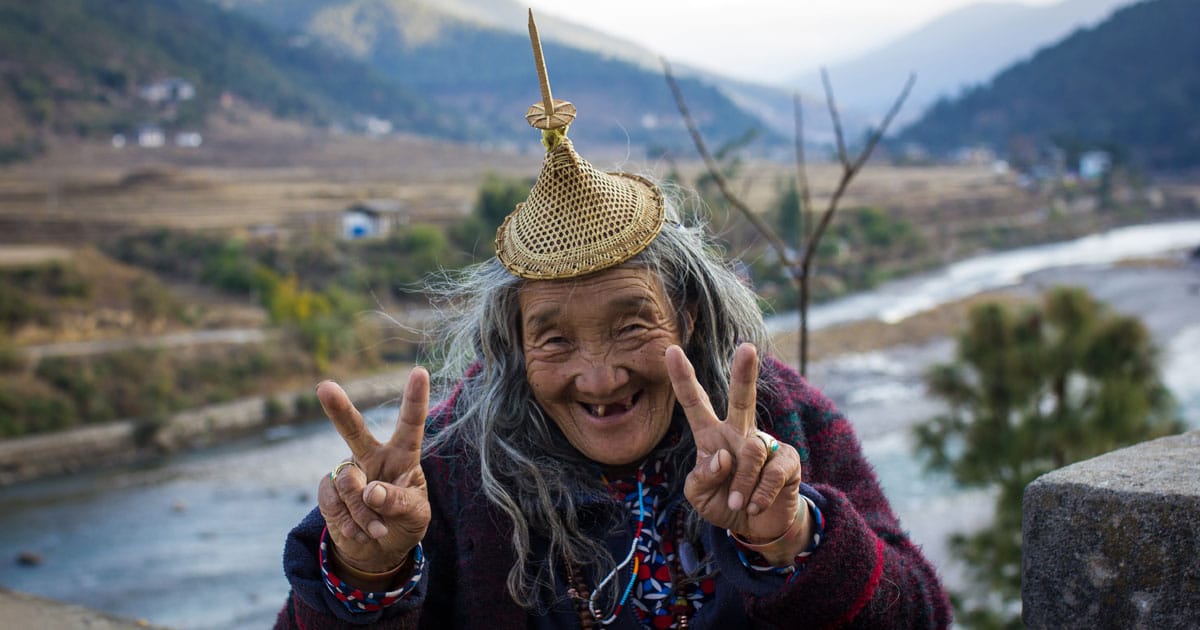As nations across the world sign and break pacts of taking actions to protect the climate, Bhutan, a small landlocked country, high up in South Asia’s Eastern Himalayas, has already been attaining a balance ever since the land’s existence.
As per Climate Action Tracker data, the country is the only one in the world which is Carbon Negative. With this, it is taking in more greenhouse gases from the atmosphere than it emits.

How Bhutan is Carbon Negative?
Spanning across 14,824 square miles, the Kingdom of Bhutan has a population of about 800,000. Bhutan limits its influx of tourists to a certain number of people per day.
If one looks at Bhutan it appears almost entirely green as it is covered by dense forests. About 72% of the nation is woodlands that act as a natural carbon sink, absorbing vast amounts of carbon dioxide.
Also, the majority of the citizens work in forestry or agriculture, so the country emits less than 2.5 million tons of CO2 each year. As per reports, the government has plans to make the country’s agriculture 100% organic this decade and waste-free by 2030.
Bhutan is also the only country that by its constitution, protects its forests. When Bhutan became a democracy in 2008, a mandatory 60% forest cover was introduced in the constitution. Today they have more than 70% cover. Earlier in the year 1999, the country banned logging exports.
The forests are also protected against mining, pollution, poaching, and hunting. All protected reserves are linked with biological corridors so animals can move freely without human interaction.
The country additionally generates clean hydroelectric power using its many rivers and distributes it free of charge to its citizens to prevent them from burning firewood. It also subsidizes eco-friendly products such as electric vehicles.
Bhutan aims to reduce its carbon emissions to zero while increasing its carbon consumption to ten million tons by the end of the decade.
Although Bhutan’s emissions could double by 2040, it will remain carbon negative so long as it maintains (at least) its current forest cover.
Gross National Happiness Index
At the end of the day, what matters is happiness. The Government of Bhutan understands this very well. It values its culture, people, and the environment above all.
The Bhutanese government measures its success by the degree of happiness instead of economic development for the past 46 years. It uses a self-developed system called the Gross National Happiness (GNP) index and strives to make itself the happiest place globally. This index covers environmental protection, sustainable development, cultural preservation, and good governance.
So, when are you visiting Bhutan?

